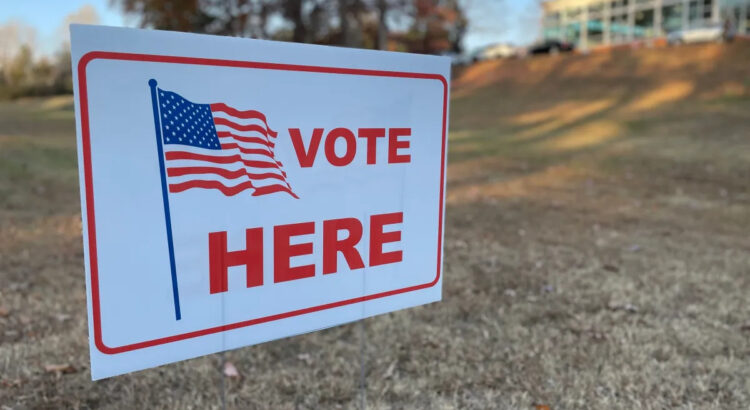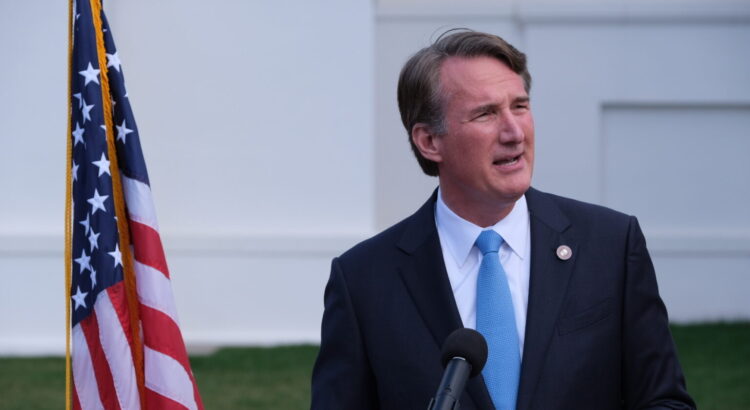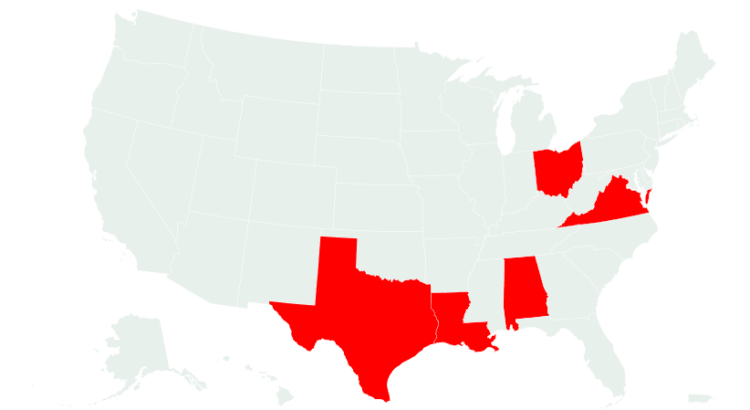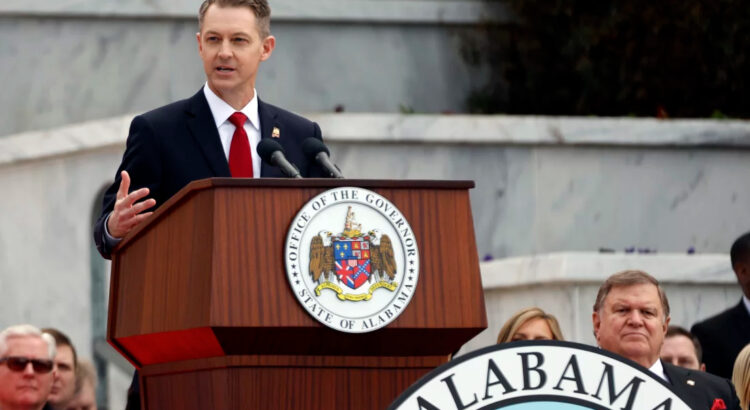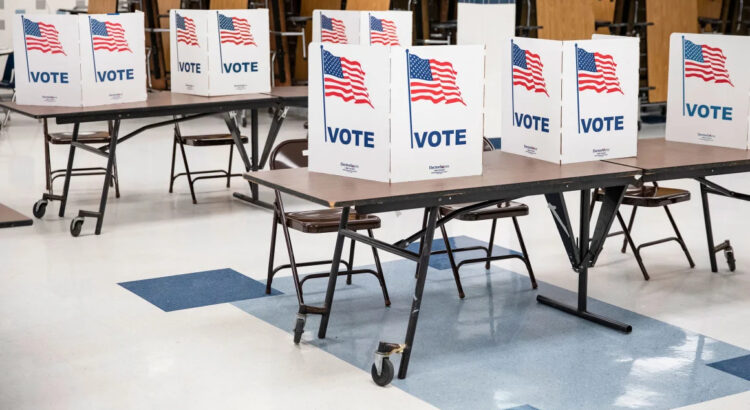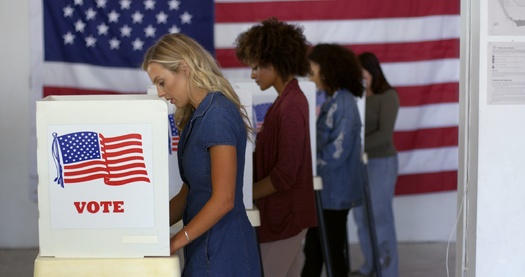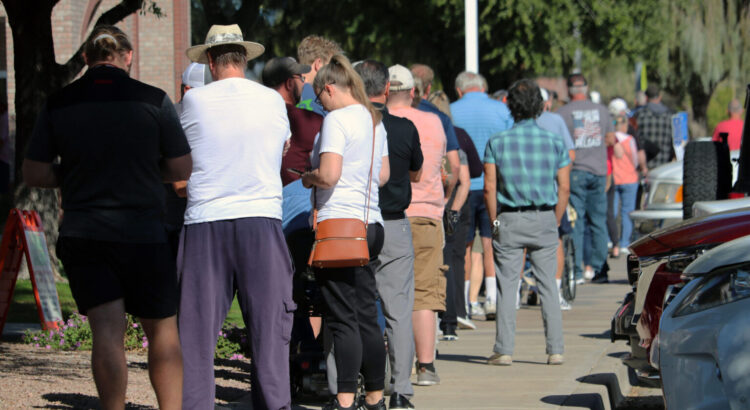OCTOBER 18, 2024 5:27 AM
By now, you probably know who will get your vote for mayor, for your congressional seat, for the U.S. Senate and for president. But do you know whether you’re still an eligible voter?
Will you arrive at your neighborhood precinct on Nov. 5 and discover that you have been excised from the registered voter rolls weeks before election day without notice and with limited recourse?
Voting used to be one of the easiest and most essential privileges we exercise as Americans. As it should be. But nothing in electoral politics is as simple or easy as it used to be.
What Americans once could take for granted now requires more vigilance and self-education by the voter and more work than ever by election officials.
“Voter ID laws in the commonwealth have swung like a pendulum over the last decade,” said Nikki Sheridan, who was a top official overseeing Virginia elections under Republican former Gov. Bob McDonnell. “Responsible administrations spent significant amounts of time and money for outreach and education about voter identification legislative changes, and citizens are saturated — with messages that swing as wildly and frequently as the law changed.”
This fall, in the stretch run of the bitterly contested election, there’s a new wrinkle: Republican Gov. Glenn Youngkin’s 11th-hour order to have elections officials scour Virginia’s voter rolls hunting for noncitizens, an action that the U.S. Department of Justice filed a lawsuit on Oct. 14 to halt.
The National Voter Registration Act forbids removing voters within 90 days of federal elections, a time known as the “Quiet Period.” Youngkin issued Executive Order 35 commencing the process on Aug. 7, exactly 90 days before the election.
It marked the second time in a week the state was sued in federal court over Youngkin’s action. The League of Women Voters and the Virginia Coalition for Immigrant Rights allege in their Oct. 7 complaint that the way Virginia purges its rolls violates the federal law’s protections.
Youngkin’s order, in large part, restates ongoing and uncontroversial best practices and statutory requirements for safeguarding the security of ballots and those casting them. That includes the universal use of paper ballots to provide a lasting record of a voter’s intent, a strict chain of custody of early ballots and ensuring that computerized counting machines are not linked to the internet to avoid the possibility of remote hacking.
Then the order directs extraordinary efforts to bar noncitizens from voting, a step an ambitious Republican politico like Youngkin would take as a matter of course to stoke a favored paranoia among his party’s base.
The governor has boasted of removing 6,303 people from Virginia’s voter rolls since he took office. On its face, that’s a good thing. Cleansing the voter rolls of noncitizens is required by a 2006 state law signed by then-Gov. Tim Kaine, a Democrat. Evidently, the law works.
According to the Washington Post, no noncitizen has attempted to vote in Virginia since Youngkin became governor. The Post also reports that only three people have been prosecuted in the commonwealth for illegal voting of any kind from January of 2022 through July of this year. That’s hardly massive election fraud.
Enforcing laws that reserve voting in U.S. elections exclusively to U.S. citizens has been a year-round pursuit, according to Chris Piper, who was Virginia’s commissioner of elections from 2018 to 2022 and is now executive director of the Virginia Public Access Project, a nonprofit and nonpartisan data source about state politics and government.
Virginia was among the states whose election legislation required Justice Department preclearance under the Voting Rights Act of 1965 until 2013 when it was ended by a U.S. Supreme Court decision. Congress passed the law during the Civil Rights Era to prevent state and local governments, mostly in the South, from erecting barriers to Black Americans’ right to vote. Piper said the Justice Department approved Virginia’s 2006 statute with the unwritten understanding that it would not apply during the Quiet Period.
Youngkin’s order echoes the persistent drumbeat of former President and Republican nominee Donald Trump’s pre-emptive and baseless election fraud assertions. They’re rooted in his Big Lie and subsequent legal challenges based on it that got bounced out of courthouse after courthouse — 63 in all — following his re-election defeat four years ago. But it remains a battle cry among Trump’s deluded disciples.
The most vexing consequence of Youngkin’s order, which its critics call a “purge,” is that it’s much more likely to harm legitimate voters, regardless of party, through paperwork errors and bureaucratic snafus than it is to block illicit interlopers from voting. All it takes is for a bona fide citizen to fail to check the right box on a Department of Motor Vehicles form to trigger their removal.
Once that error is in the system, as Markus Schmidt and Charlotte Renee Woods of The Mercury reported, there is no obligation by either the State Department of Elections or local elections officers to vet and validate the information before a voter’s registration is terminated. Often, a voter isn’t aware of it until she or he tries to cast a ballot.
By then, the remedy is to re-register (which, thankfully, is possible up to Election Day) and cast a provisional ballot that is subject to scrutiny and perhaps a challenge after the polls close, said Piper and Sheridan.
Beyond that, Sheridan noted, is the increasingly rancorous process of counting (and sometimes recounting) the results. What used to be a dispassionate mathematical exercise has become snarled in partisan gamesmanship and bizarre conspiracy fantasies, a product of Trump’s toxic and unrelenting election denialism.
In Prince William County, for instance, a prosecution led by Virginia’s GOP-led attorney general’s office against the county registrar over alleged 2020 election improprieties disintegrated once it reached local courts and was dismissed. Yesterday, the former registrar, a professional election administrator named Michele White, sued Attorney General Jason Miyares and others in his office in U.S. District Court alleging malicious prosecution.
“A major shift apparent to me is a lack of civility, often accompanied by an operating assumption that our election officials lack integrity or credibility,” said Sheridan, now a fulltime mom to 5-year-old twins and a volunteer for civic causes in Fluvanna County.
“Numerous recent recounts affirm that election results in Virginia are accurate and rarely change the outcome of an election. Infrequent mistakes are human, and allowances must be made. A new registrar, or a seasoned registrar adjusting to a legislative change, is neither a conspiracy participant nor the devil,” Sheridan said.
To illustrate her point, she contrasted two recounts in which she was involved, both in Virginia’s 5th Congressional District. One, in 2008, affirmed Democrat Tom Perriello’s thin general election victory over Republican incumbent Virgil Goode. The other was this June’s vicious GOP primary battle in which Trump-supported challenger John McGuire ousted House Freedom Caucus leader Bob Good by 366 votes out of 62,802 cast.
As an observer in the 2008 recount, Sheridan eventually struck up a friendship with a Democrat who was part of Perriello’s team, she said. In this summer’s recount, she was the target of withering vituperation from fellow Republicans that included a cyberbullying effort.
“It is unfortunate, but I observed the process primarily to defend it mightily against those who may deny the outcome because they do not like it,” she said. “That is not how electoral democracy works.”
Even so, Virginia elections are clean, fair and secure. Check your registration status before you head to your polling place. If you get there and find you were mistakenly removed from rolls, seek a provisional ballot. But whatever you do, exercise your right as a citizen: vote.
Source

